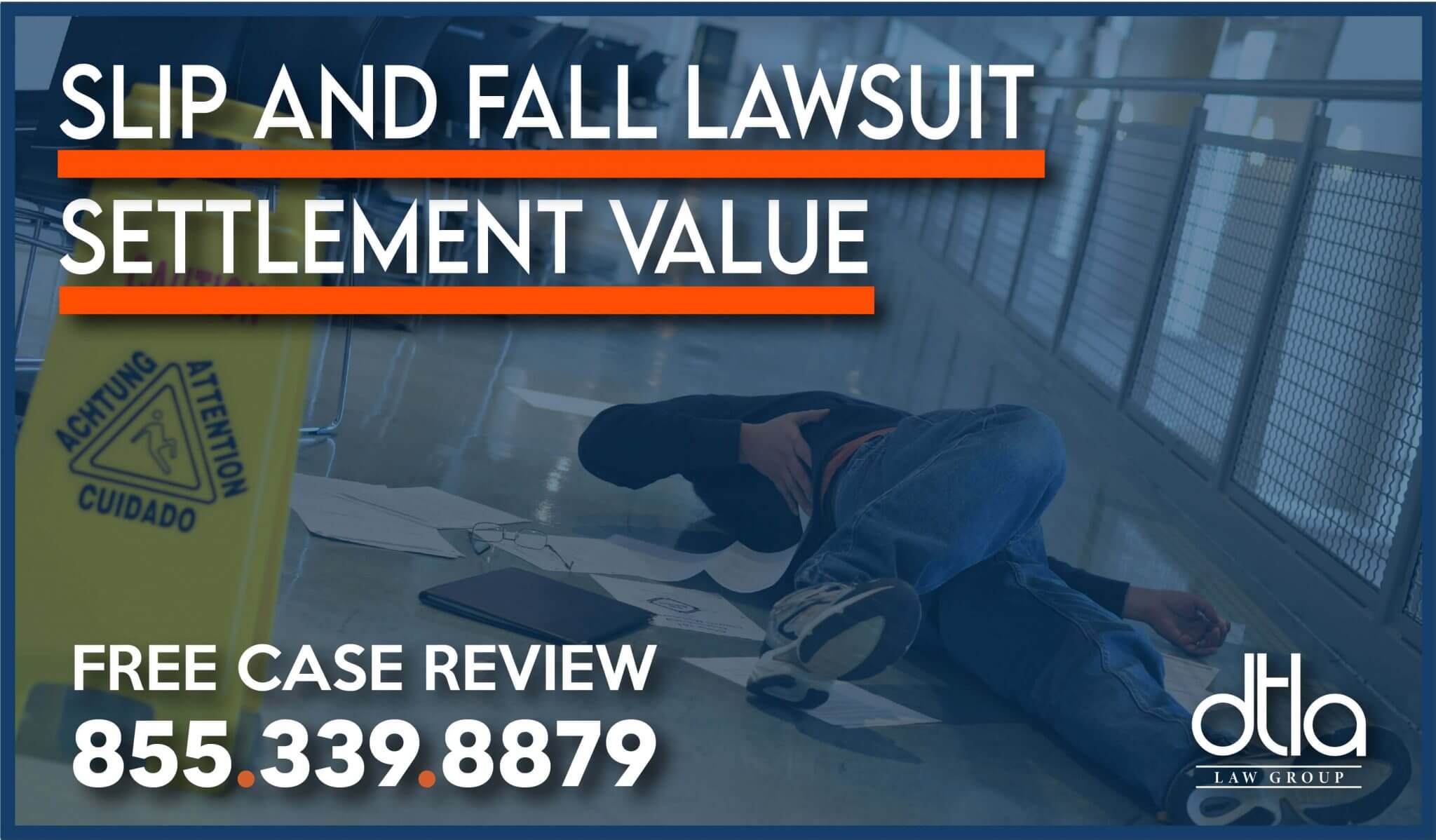Slip and fall accidents can be likened to unexpected rainstorms; they often arrive unannounced, leaving individuals drenched in unforeseen consequences. In Georgia, these seemingly innocuous incidents can culminate in significant financial repercussions, not merely for the injured but also for the property owners held accountable. The average settlement amounts for slip and fall claims in the state reflect various factors ranging from the extent of injuries sustained to the circumstances leading to the fall itself.
Understanding the nature of slip and fall claims requires an examination of the legal framework that governs premises liability. This umbrella term encapsulates the responsibilities that property owners have toward those they invite onto their land. In Georgia, the duty of care extends to invitees, which includes customers in a store or visitors to a restaurant. When someone slips and falls on a property due to a hazardous condition, the crux of the claim lies in proving that the property owner was negligent in maintaining a safe environment. This negligence can take myriad forms: wet floors, uneven pavement, or insufficient lighting can all precipitate accidents.
In the realm of slip and fall claims, the average settlement amount can vary dramatically. Factors such as medical expenses, lost wages, and pain and suffering play pivotal roles in determining the final figure. The average settlement for slip and fall cases in Georgia typically ranges from $15,000 to $45,000, but this is merely the tip of the iceberg. In cases involving severe injuries, such as fractures or traumatic brain injuries, settlements can soar into six figures. It’s crucial to note that common injuries resulting from slip and falls often include sprains, strains, and more grievous damages.
Moreover, context is king in these situations. The venue of the accident—whether in a grocery store, a restaurant, or a public park—heavily influences the settlement amount. For instance, falls in commercial spaces tend to yield higher settlements compared to private residences due to the greater obligation on business owners to maintain a secure environment. Concerning public property, government entities may enjoy some degree of immunity, complicating claims and often leading to lower settlements.
Time is of the essence when pursuing a slip and fall claim in Georgia. Under the statute of limitations, individuals have two years from the date of their injury to file a lawsuit. Delaying this process can lead to complications that may jeopardize the claim’s viability. The act of gathering evidence is paramount; photographs of the scene, witness statements, and medical records all serve as indispensable components in building a compelling case.
In addition to the immediate impact of an injury, the aftermath often weaves a complex tapestry of emotional and financial challenges. Victims may grapple with not only physical limitations but also mounting medical bills and the burden of lost productivity. This duality serves as a poignant reminder of the far-reaching implications of slip and falls, compelling individuals to seek restitution for their struggles.
Moreover, making a claim requires meticulous evaluation of the circumstances surrounding the fall. Establishing liability hinges on demonstrating that the property owner either knew or should have known about the hazardous condition that led to the fall. Georgia follows the comparative negligence standard, meaning that if the injured party holds partial responsibility in the accident, their settlement may be reduced proportionately. For example, if a plaintiff is deemed 20% at fault for not observing a “wet floor” warning sign, their settlement would be reduced by that percentage.
Understanding settlement negotiation dynamics is essential for victims. Insurance companies, often reticent to pay the full extent of claims, may present initial offers that appear appealing yet fall short of covering the actual costs incurred. Obtaining legal representation can help balance the scales, equipping plaintiffs with the necessary tools to advocate for fair compensation. A proficient attorney will meticulously assess the details of the case, leveraging their expertise to negotiate settlements that reflect the true extent of damages.
The resolution of slip and fall claims may arrive through settlements or, in some instances, trial verdicts. Settlements can offer a quicker resolution, while trials, although more time-consuming, can yield greater rewards when the stakes are high. While a victim may feel a sense of urgency, weighing the potential outcomes is crucial. A hasty settlement can result in regrettable long-term consequences, particularly if the severity of injuries isn’t fully recognized at the time.
In conclusion, slip and fall claims in Georgia encapsulate a myriad of nuances, intricately woven into the fabric of personal injury law. The average settlement amounts serve as a reflection of not just the immediate aftermath of an accident but also the profound implications it has on individuals and families. The pathway to obtaining fair compensation involves navigating a complex legal landscape, understanding one’s rights, and leveraging the expertise of legal professionals. Like a butterfly effect, one slip can send ripples through an entire community, underscoring the importance of accountability and care in our shared spaces.
